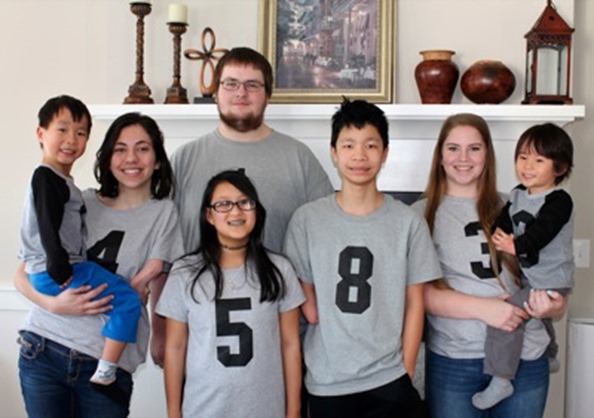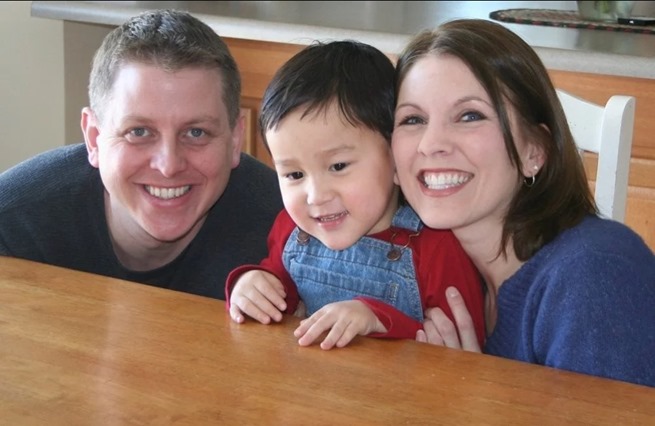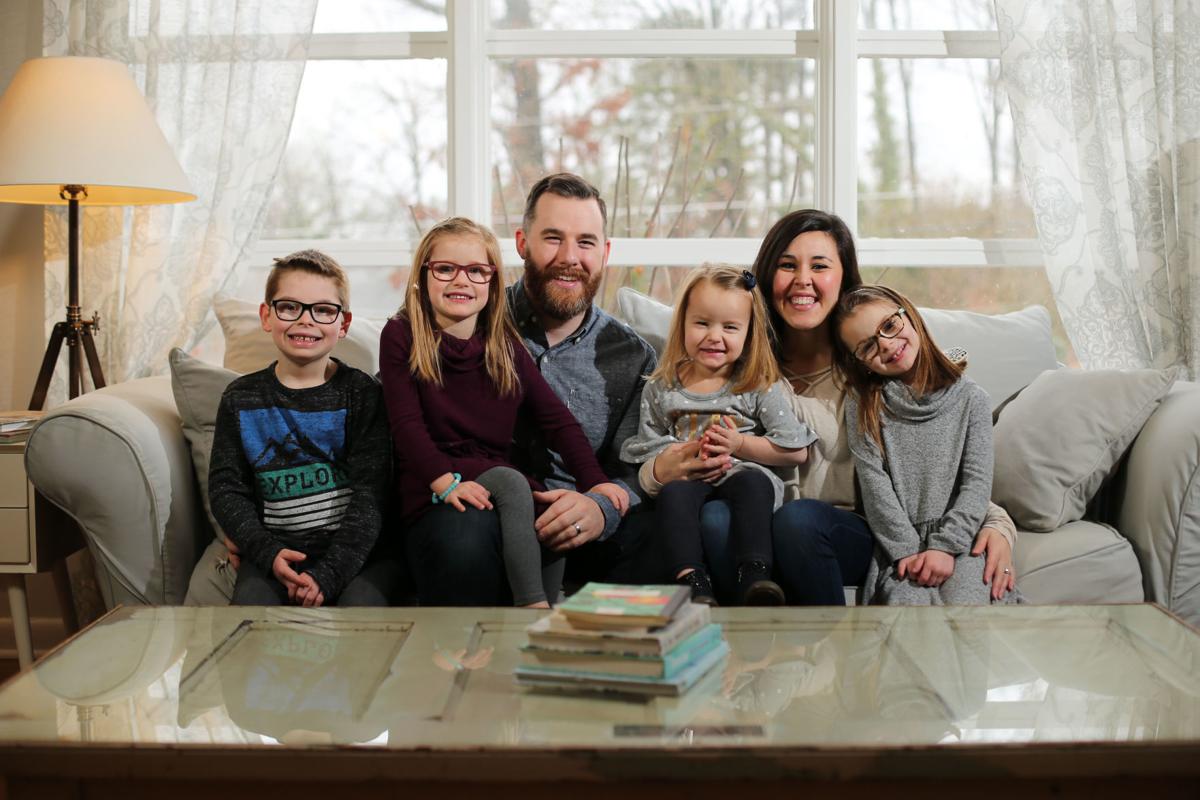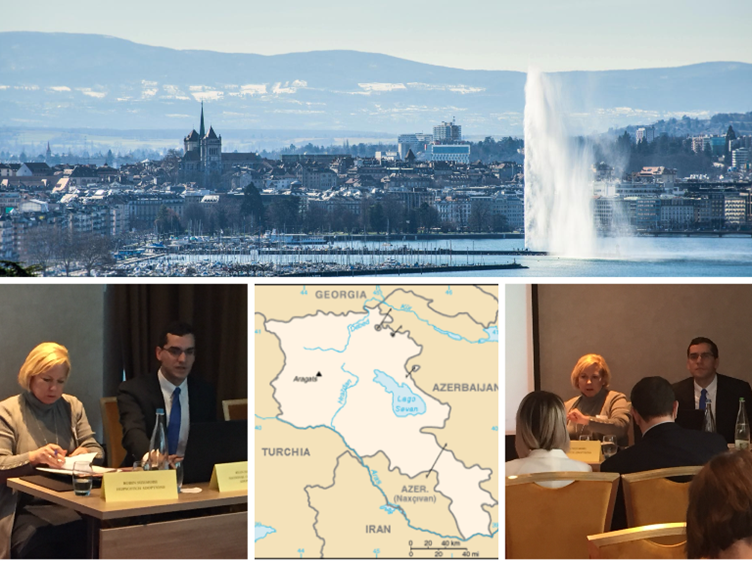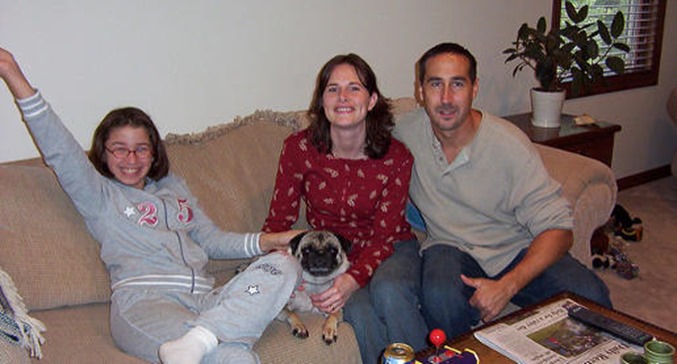Adoption advocates worry new rules on international adoption will leave more children languishing in orphanages
by Jamie Dean

Orphans at the Zhytomyr Orphanage in Ukraine (Oleksandr Rupeta/NurPhoto/Getty Images)
When Michelet Joseph arrived in the United States in the summer of 2015, the small Haitian boy couldn’t pull up or stand up on his own.
Michelet was nearly 7 years old.
Born with hydrocephalus, Michelet was 11 months old when his mother died. His father had abandoned the family. Michelet spent the next year in a mountain village north of Port-au-Prince, lying on the floor while his grandfather farmed.
When Michelet’s grandfather could no longer care for him, the toddler went to live in a nearby orphanage run by American missionaries. At 2 years old, Michelet was malnourished, couldn’t hold up his head, and was covered in sores.
In the fall of 2011, a visiting neurosurgeon from the United States performed surgery to relieve Michelet’s hydrocephalus, but his tiny body had atrophied, and he was unable to use his legs. Haitian hospitals didn’t have the resources for the rehabilitation and additional surgeries he’d need in the future.
